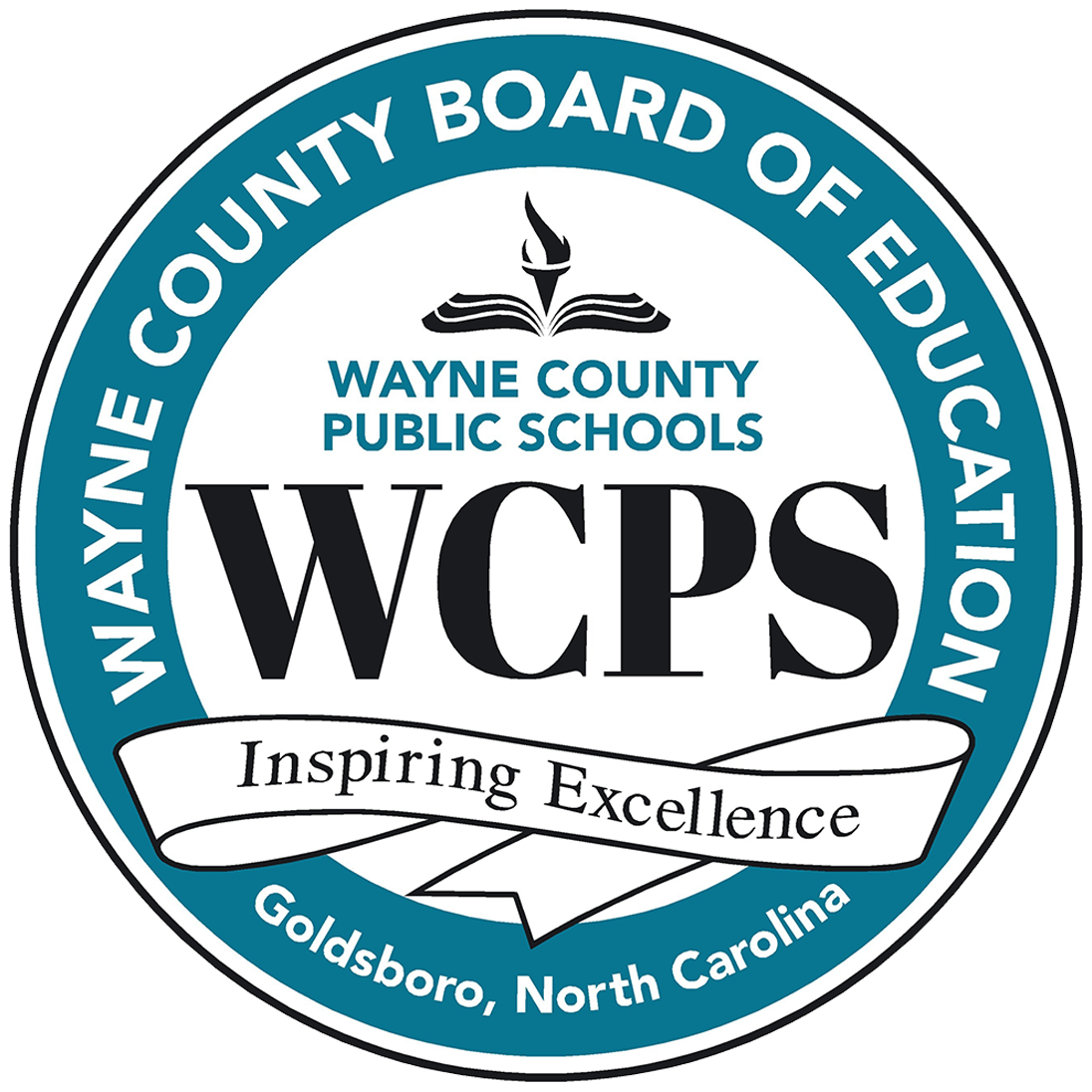Federal Programs
Wayne County Public School’s Federal Grant Programs:
Title I-A (Improving Basic Programs): provides services to both public and private school children who need educational assistance and who live in Title I school attendance areas. In addition to instructional services for eligible students, these funds provide professional development activities for teachers of participating children and activities for families of Title I students.
Title I-C (Education of Migrant Children and Youth): the program’s mission is to help migrant students and youth meet high academic challenges by overcoming the obstacles created by frequent moves, educational disruption, cultural and language differences, and health-related problems.
Title II-A (Supporting Effective Instruction): this program is designed, among other things, to provide students from low-income families and minority students with greater access to effective educators. The purpose of the program is to develop, implement, and evaluate comprehensive programs and activities to address the learning needs of all students, including children with disabilities, English learners, and gifted and talented students through effective instruction. Title II-A grants may be used for innovative and evidence-based activities to more effectively attract, select, place, support, and retain excellent educators in every classroom in every school.
Title III-A (English Language Acquisition): provides support for students who have been identified as Limited English Proficient according to the standards of the state designated Access Placement Test Assessment. If you have students that meet these criteria, then you are eligible to participate with our teachers in staff development activities planned to assist in language and performance proficiency of LEP students.
Title IV-A (Student Support and Academic Enrichment (SSAE)): this program is intended to help increase the capacity of public-school units (PSUs), schools, and local communities to: 1) provide all students with access to a well-rounded education; 2) improve school conditions for student learning; and 3) improve the use of technology in order to improve the academic achievement and digital literacy of all students.
Title VII, Subpart B (McKinney-Vento Homeless Education Program): The Education of Homeless Children and Youth Program entitles children who are experiencing homelessness to a free, appropriate public education and requires schools to remove barriers to their enrollment, attendance, and success in school. This Act protects all students who do not have a fixed, regular and adequate residence, such as students living in the following situations:
doubled-up or sharing the housing with others due to an economic hardship;
runaway/homeless youth shelters (even if parents invite the youth home);
hotels or motels;
shelters, including domestic violence shelters;
transitional housing shelters;
cars, abandoned buildings parks, the streets or other public spaces;
campgrounds or inadequate trailer homes
abandoned in a hospital
other
